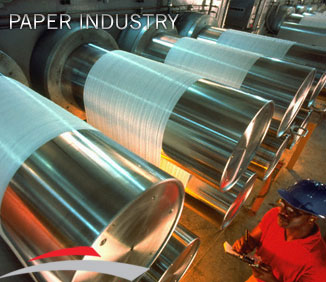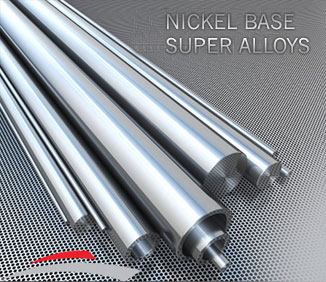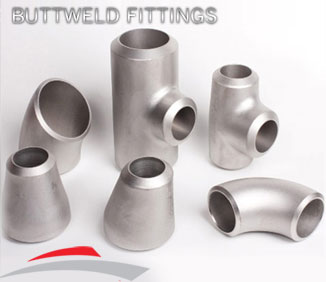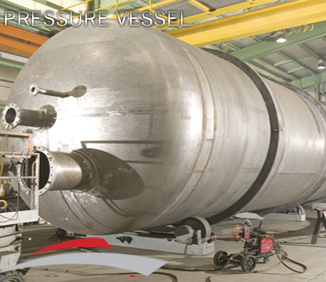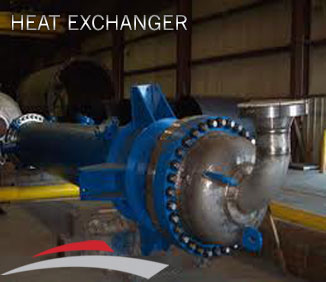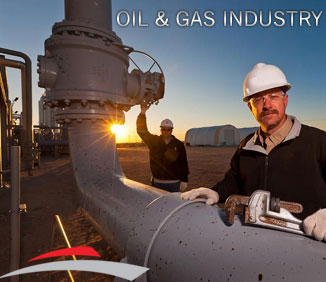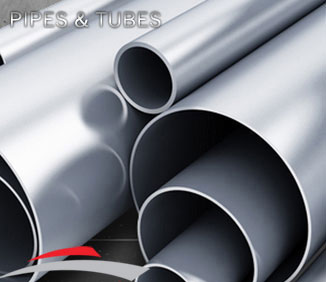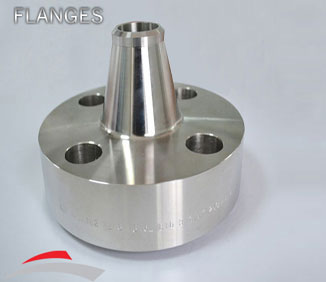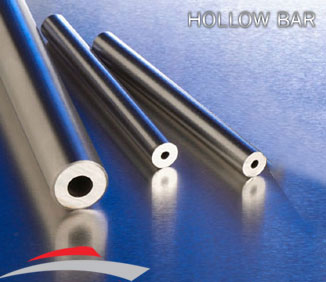310 is a highly alloyed austenitic stainless steel used for high-temperature applications. The high chromium and nickel contents give the steel excellent oxidation resistance as well as high strength at high temperatures. This grade is also very ductile, and has good weldability enabling its widespread usage in many applications. 310S is the low carbon version of 310 and is suggested for applications where sensitisation, and subsequent corrosion by high temperature gases or condensates during shutdown may pose a problem. 310 is manufactured in accordance with ASTM A269 / ASTM A312
The strength of this alloy is a combination of good strength and corrosion resistance in temperatures up to 2100 F (1149 C). Due to its relatively high chromium and nickel content it is superior in most environments to 304 or 309 stainless.
Application
Oven linings, boiler baffles, kilns, lead pots, radiant tubes, annealing covers, saggers, burners, combustion tubes, refractory anchor bolts, fire box sheets, furnace components and other high temperature containers.
|
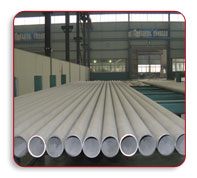 |
Chemical Composition
The chemical composition of 310 Stainless Steel is provided in the table below.
Chemical Composition |
Type 310 |
Carbon |
0.25 max |
Manganese |
2.00 max |
Silicon |
1.50 max |
Phosphorus |
0.045 max |
Sulphur |
0.030 max |
Chromium |
24.00 - 26.00 |
Nickel |
19.00 - 22.00 |
Mechanical Properties
The mechanical properties of 310 Stainless Steel are provided in the table below.
Mechanical Properties |
Type 310 |
Grade 0.2 % Proof Stress MPa (min) |
205 |
Tensile Strength MPa (min) |
520 |
Elongation % (min) |
40 |
Hardness (HV) (max) |
225 |
Physical Properties
Properties |
at |
Value |
Unit |
Density |
|
8,000 |
Kg/m3 |
Electrical Conductivity |
25°C |
1.25 |
%IACS |
Electrical Resistivity |
25°C |
0.78 |
Micro ohm.m |
Modulus of Elasticity |
20°C |
200 |
GPa |
Shear Modulus |
20°C |
77 |
GPa |
Poisson's Ratio |
20°C |
0.30 |
|
Melting Rnage |
|
1400-1450 |
°C |
Specific Heat |
|
500 |
J/kg.°C |
Relative Magnetic Permeability |
|
1.02 |
|
Thermal Conductivity |
100°C |
14.2 |
W/m.°C |
Coefficient of Expansion |
0-100°C |
15.9 |
/°C |





